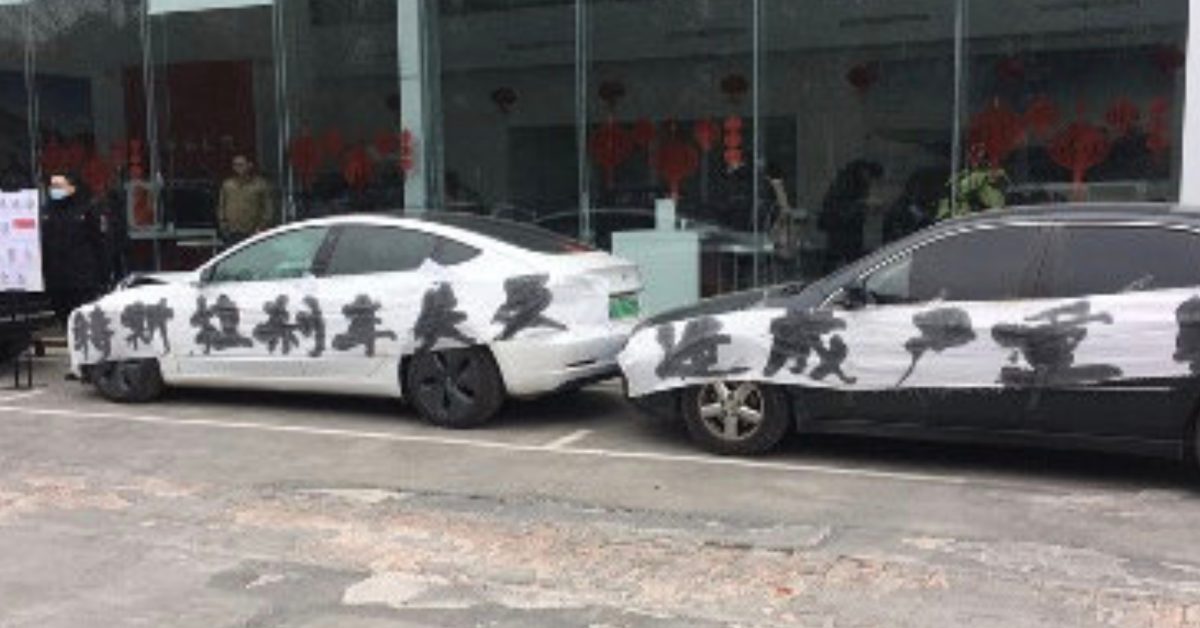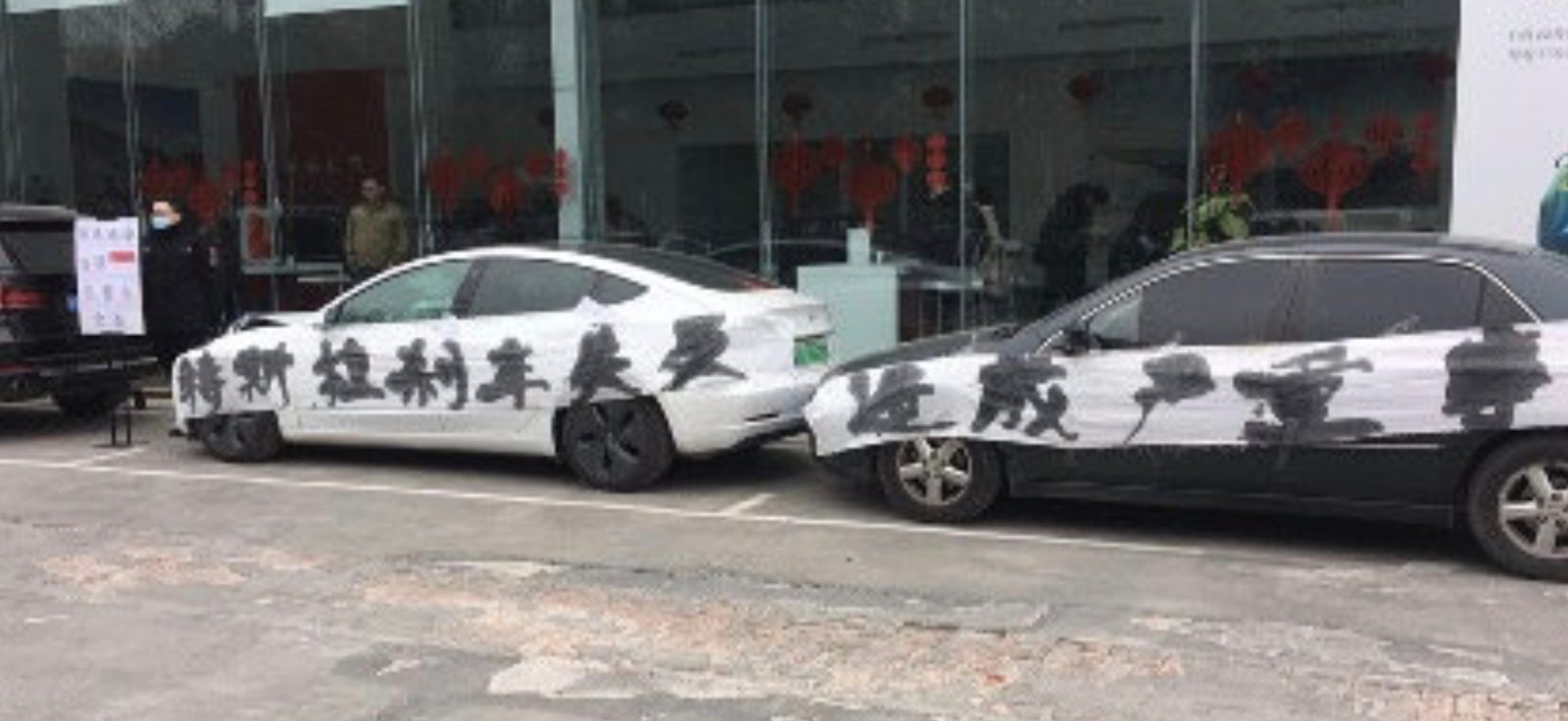

A recent critical report regarding Tesla has emerged from China, revealing the automaker’s aggressive legal tactics against its customers and media outlets. Additionally, journalists are reportedly being instructed to refrain from any negative coverage of the American car manufacturer.
Currently, Tesla stands out as the only foreign automotive company with a fully owned manufacturing facility in China, although it is anticipated that Toyota will establish similar footing in the coming years.
This achievement was largely made possible due to Elon Musk’s negotiations with officials from the Chinese Communist Party (CCP) back in 2018, which led to the establishment of Tesla’s Gigafactory in Shanghai, now the company’s largest production center and main contributor to its revenue and profits.
Without the Gigafactory in Shanghai and the rapidly growing Chinese market, Tesla’s current success would not have been attainable.
However, new revelations indicate that Tesla is prepared to take drastic measures to safeguard its interests.
The Associated Press has published an intriguing report detailing Tesla’s recent activities in China concerning its customers and media perception.
This comprehensive report provides fresh insights into Tesla’s highly publicized dispute with a Chinese customer who alleged a brake malfunction and delves into the company’s evolving stance towards criticism within the country.
The AP’s investigation revealed that Tesla has initiated legal action against “at least six vehicle owners in China who reported sudden malfunctions, voiced quality concerns, or experienced accidents they attributed to mechanical failures.”
Moreover, the automaker has filed lawsuits against “at least six bloggers and two Chinese news organizations that published critical pieces about Tesla.”
This behavior is notably uncharacteristic for an automotive manufacturer.
The report further emphasizes the close ties between Tesla and CCP officials, particularly highlighting Li Qiang, the former party secretary of Shanghai, who is now serving as China’s premier and was involved in the Gigafactory deal.
While it is not new knowledge that Tesla has enjoyed preferential treatment in China, the report provides even more alarming details.
According to the AP, local media outlets have been advised to avoid negative portrayals of Tesla:
Tesla has thrived on the generosity of the Chinese government, gaining exceptional regulatory advantages, low-interest loans, and significant tax incentives. Nonetheless, with some exceptions, the company has received largely favorable coverage from the Chinese media, with journalists asserting they have been directed to refrain from publishing any negative information about Tesla.
A journalist quoted in the AP report stated:
“Our editor instructed us to avoid negative articles about Tesla, as it is a vital company supported and protected by the Shanghai government.”
The report reveals that Tesla prevails in approximately 90% of legal battles brought against it by customers alleging defects.
Numerous customers have expressed frustration over Tesla’s poor communication, prompting them to consider legal action.
In instances where customers pursue lawsuits, they often lose, and those who voice concerns publicly may find themselves countersued by Tesla, resulting in financial penalties and a forced public apology.
Electrek’s Perspective
This report offers a compelling viewpoint, particularly regarding Ms. Zhang’s case, which gained attention in Western media during 2021-2022 but lacked the depth presented in this latest analysis.
In summary, she experienced a collision and attributed it to brake failure, while Tesla claimed it was due to driver error.
Feeling a need to raise awareness about what she perceived as a significant safety concern, she organized a protest against Tesla. However, when the company sued her, she lost the case due to insufficient evidence linking the accident to a brake defect. Consequently, she was obligated to compensate Tesla and issue a public apology.
Additionally, it was disclosed that Tesla suggested the involvement of external parties backing her claims, despite a lack of supporting evidence.
This situation raises essential questions about Tesla’s approach to criticism. Does the company genuinely want to be seen as one that litigates against its customers and journalists?
As some customers pointed out, much of this tension could have been avoided if Tesla had fostered better communication with its clientele.
FTC: We use income-earning affiliate links. Learn more.









